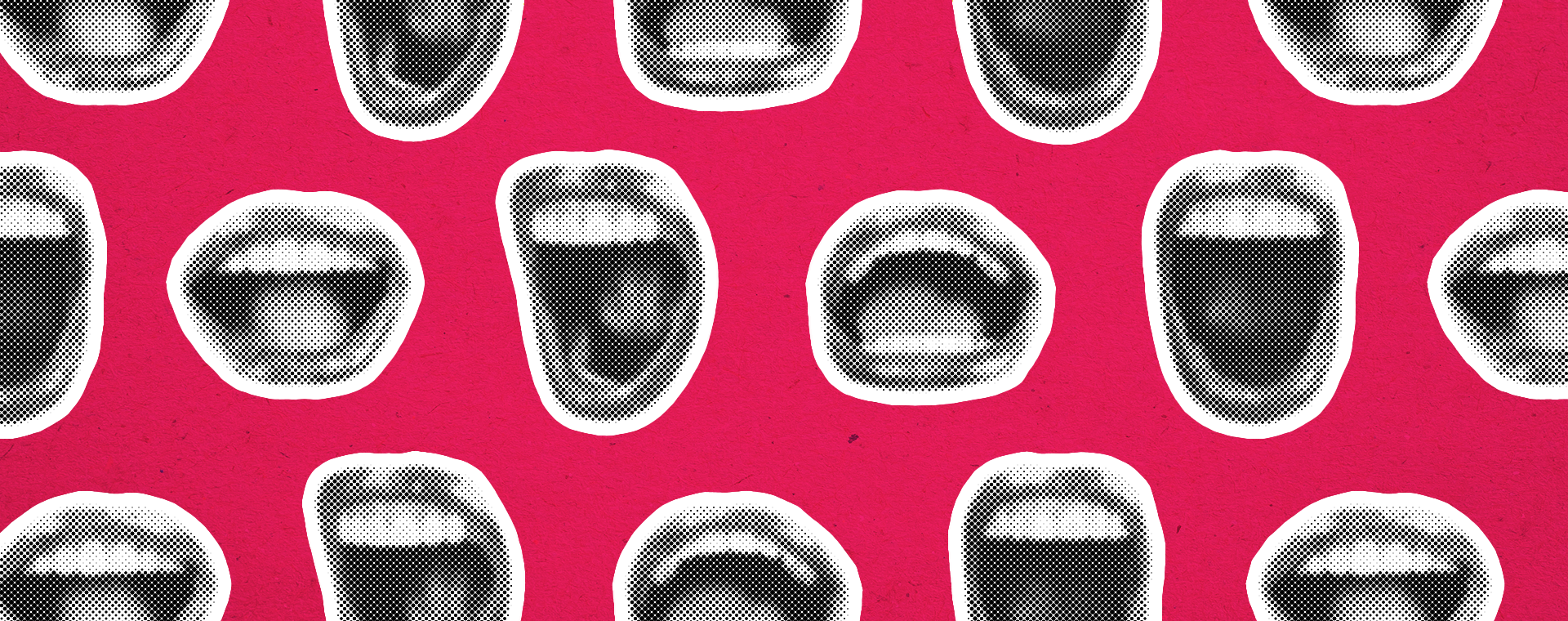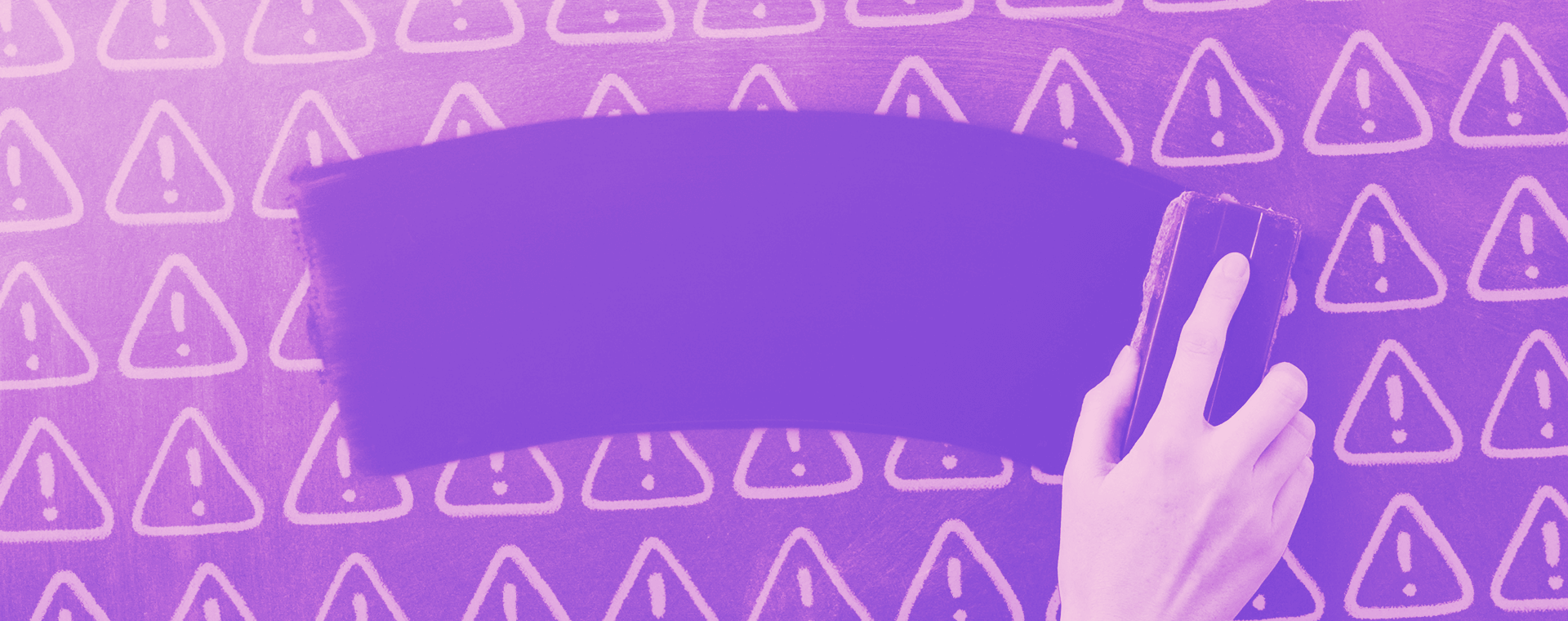Become a better marketer with Bill Nye, Pharrell, and MasterClass
By: Sara Kohan
December 21, 2021 | Reading Time: 5 mins
With a new year on the horizon, it’s time to hop on board the self-improvement train. For all my “new year, new me,” proclaiming people who are either giving something up or starting something new, allow me to share my intention: I’m going to become a better marketer.
(Because that’s more realistic than saying I’ll go to the gym more often.)
To get started, I’ve subscribed to MasterClass, an educational streaming platform with lectures from some of the most notable faces shaping modern culture. Now, marketing is more than just Facebook ads, taglines, and spreadsheets—it’s problem-solving. It’s psychology. It’s part of our worldview. To become a better marketer, I’m going outside the box.
With that, here’s my list of MasterClass courses to become a savvier marketer.
Scientific Problem-Solving with Bill Nye

You may remember Emmy-award winning Bill Nye the Science Guy from his educational kids show by the same name (cue flashbacks of bopping to the theme song at school, watching a chunky TV wheeled around on a cart). Reconnect with Bill to challenge your presumptions by learning how to apply the scientific method to your everyday life.
Stop thinking like a marketer and start thinking like a scientist
Marketing is about continuous problem-solving. Why aren’t customers converting? How can I increase my website traffic? What can I do to optimize my campaigns? To answer these questions, Bill teaches you how to navigate problems like a scientist.
Being a scientist isn’t about knowing hard facts but rather how we can challenge our presumptions and harness the power of playful perspectives. This is where the 6 steps of the scientific method come in: observe, study, hypothesize, test, compare, report. Sound familiar?
As marketers, we’re constantly iterating and optimizing. By being mindful of the scientific method and its objective nature, you can learn how to approach your work with a healthy level of skepticism and improve your relationship with criticism. In science, you don’t need to be right all the time, you just need to move in the right direction by learning what works and what doesn’t.
Effective Communication with Neil deGrasse Tyson

After learning from my childhood icon, I took off into the cosmos with American astrophysicist, Neil deGrasse Tyson. While I can’t promise you’ll walk away as a genius on all things interstellar, you may end up with a new perspective on messaging.
Know who you’re speaking to
In marketing, we’re often looking to connect with multiple audiences. Especially in B2B, the person intended to use the product may not be the decision-maker. We might have to win over a CMO while providing them with what they need to win over the CEO. In this MasterClass course, Neil walks through how to break down large concepts and explain them at a level your audience understands based on his experience as an esteemed scientific communicator.
For a scientist as famous as Neil deGrasse Tyson, communication is tricky because he has to explain complex subjects to a mass audience with varying levels of knowledge. When you find yourself in a similar position, you don’t want to leave people feeling overwhelmed. That’s why Neil says, “Being as effective as you possibly can doesn’t mean telling someone everything you could possibly know about something.”
When communicating, it’s important to keep in mind both the interest level of your audience and their baseline understanding. This should guide the level of detail in your explanation. As Neil puts it, adopting a less-is-more mentality can help your writing retain a sense of awe that pushes readers to continue engaging with your work.
Power of Empathy with Pharrell Williams
Jumping tracks (music pun 👉👉) from science to music, I visited the topic of empathy with American record producer and musician, Pharrell Williams. While empathy may feel like a buzzword at this point, Pharrell reminds us how it can make you a better collaborator in order to Usher (another music pun—I’ll stop now 👉👉) in a greater standard of work.
We already know the importance of empathizing with your audience and designing with end-users in mind, but what about empathy within our own teams? According to The State of Workplace Empathy study, 75% of employees say their organizations need to become more empathetic. As an agency that strives for psychological safety, we know that keeping empathy in our workflows is essential to the wellbeing of our team, the quality of our work, and the service experience of our clients.
Becoming empathetic means listening
Being empathetic is less about considering someone else’s experience and more about listening. Like, really listening. To see a situation from someone else’s perspective, we have to create the space for them to tell their story. Committing to active listening and yielding to others are helpful ways to foster sharing and contribute to becoming more empathetic.
Active listening can mean:
- Getting rid of distractions and not multitasking during meetings
- Being aware of how you’re sitting, as non-verbal cues can encourage or deter others from sharing
- Pausing in conversations to give others the opportunity to jump in and contribute
- Using eye contact, nodding, and other signals to show you are present in a conversation
People have different pressures and stressors in their lives. Being a good team member means honouring the diversity of challenges people face–just as you would a customer or user.
Become a better marketer with MasterClass—without studying marketing
While there are a variety of traditional business offerings from MasterClass, like Persuasive Sales, Business Strategy, Leadership, and Advertising–what drew me in was the chance to take offbeat classes that you wouldn’t take in conventional business settings.
With our industry constantly changing, marketers are always learning. You’re always a student. While learning from other marketers is never a bad idea, stepping outside of that world may inspire new ideas, reshape your thinking, and maybe even give you a competitive edge.
So, dive into the fashion world with Vogue Editor-in-Chief, Anna Wintour, to learn about creative collaboration or refresh your storytelling with Hip-hop icon, Nas! With this approach to learning, being a marketer doesn’t need to mean becoming a data-driven robot. It can mean becoming a pop-culture scientist.








